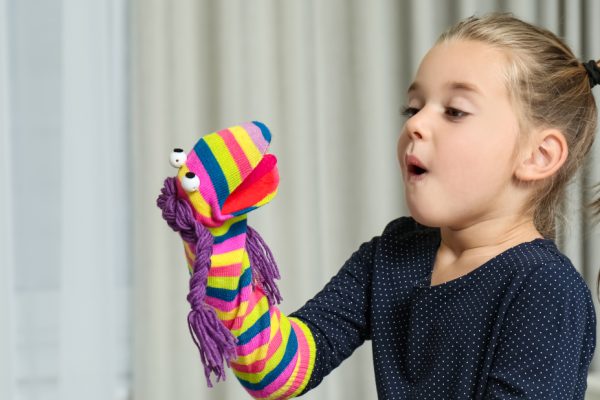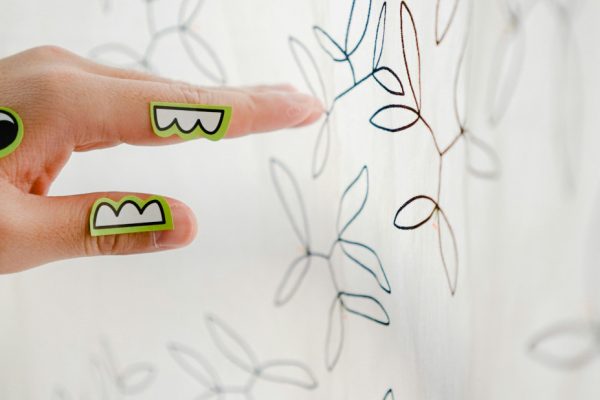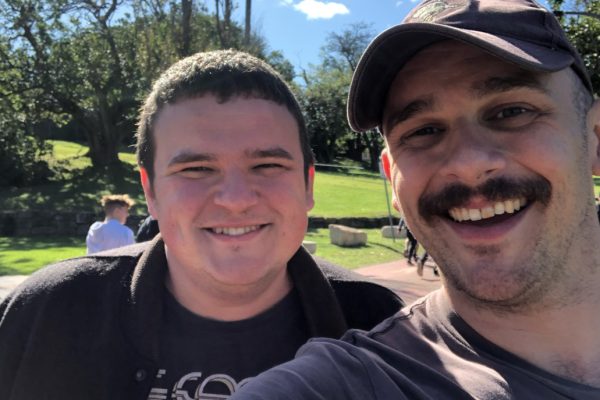
Parenting young adults: dating and relationships
Dating can be challenging for most people, but when you have a disability, it can feel like you’re navigating a minefield.
It can be scary; dealing with the fear of judgement and rejection is often draining, impacting self-confidence. And, given the judgemental nature of ‘swipe right’ dating apps, it can become frustrating as we don’t have the chance to show who we are. Covid times have added an additional layer of complexity, as many of us have been missing our regular social connections and the introductions they bring.
At Care Squared Connect, when working with our participants, relationships and dating are topics we discuss regularly and through these conversations, we see how important self- esteem, confidence, and understanding are in helping to successfully navigate this area of life. Participants sometimes feel they’re the only person in their position, and this, coupled with a lack of representation of romantic relationships for disabled people in the media, can make them feel like dating is not something for them.
As a parent or carer of an individual with a disability, we realise the challenges you face when helping them to negotiate interconnection and romance, particularly in the early stages. Communication is key in keeping your young person safe, resilient, and confident as they test these waters.
So where do you begin? Care Squared Connect Managing Director, Dr Kylie Henderson, has put together five tips to help you prepare both you and your developing young adult to explore the exciting, and sometimes nerve-wracking, world of dating and relationships:
1) Start the conversation
There may come a time when your child stops asking questions, so you may need to be the one to bring it up. Start the conversation with phrases such as: ‘Now that you’re growing up, I want to talk with you about how our bodies change,’ or, ‘As we get older, we sometimes have lots of new questions, like where do babies come from? What is a condom? How do I tell someone that I like them? Or will I ever fall in love? What questions do you have about these?’
2) Use teachable moments for timely conversations
The best way to start a conversation is to leverage everyday events that provide a perfect opening for discussion and learning. If someone in your family or social network is pregnant, talk about it together. When you see a same-sex couple on the street or in a tv show, use this to spark a conversation about sexuality and gender identity.
3) Keep it simple
We all know the phrase ‘less is more’. When answering questions start with the simplest explanation. If your child continues to be interested, or asks subsequent questions, build into a more detailed response.
We know children learn through repetition, so expect to be asked the same questions over and over again. Find ways to be consistent when discussing a topic. Reach out to your Allied Health Practitioner and ask them to develop resources or activities to help with this.
4) Try not to react
If you see your child or young adult doing something inappropriate, or they ask a question that surprises or shocks you, try not to react. Take a deep breath, remain calm and respond to the behaviour by naming it, and telling them what is appropriate in that situation.
Be straight-forward in how you answer the surprising question, ensuring your body-language and facial expression match your response. How you answer questions builds your child’s confidence and lets them know it always okay to ‘ask’.
5) You’re not expected to know the answer
Sometimes we’re asked questions we’d like to answer, but we’re not quite sure how to respond. It’s okay to say, “I’d like to answer your question, but first I need to think about what I want to say.” Just make sure you answer the question later.
Try imagining the hardest question your child could throw your way and practice answering it. Let them “overhear” conversations. Your child may be too embarrassed to discuss sexual topics directly with you, but they may not mind hearing a positive discussion between others.
If you’re not sure of the answer, look for it together. Use the resources around you, libraries, community centres, doctors, nurses, or your allied health practitioner. Consider joining a ‘Dating & Connection Parents Program’ to prepare yourself and learn from other parents’ experience.
Use these tips as a starting point for conversations on dating, relationships, and sexuality. Remember to keep the lines of communication open to support your child’s learning and help you feel more comfortable talking.
Care Squared Connect Dating & Relationships Programs bring participants together to share their experiences, connect with new people, and learn from each other in a safe, inclusive group environment. Together we explore different types of relationships, open communication, becoming a couple, body autonomy, sex and intimacy, internet safety, family planning, healthy vs unhealthy relationships, what to do when it’s time to move on, and more. If you would like to learn more, please reach out: [email protected], or 1300 632 639. Our Programs are available, country wide.






